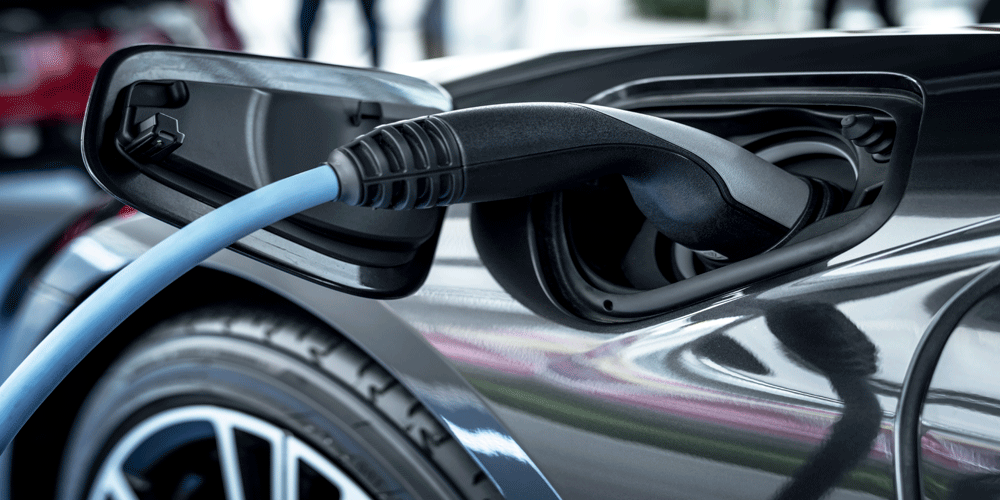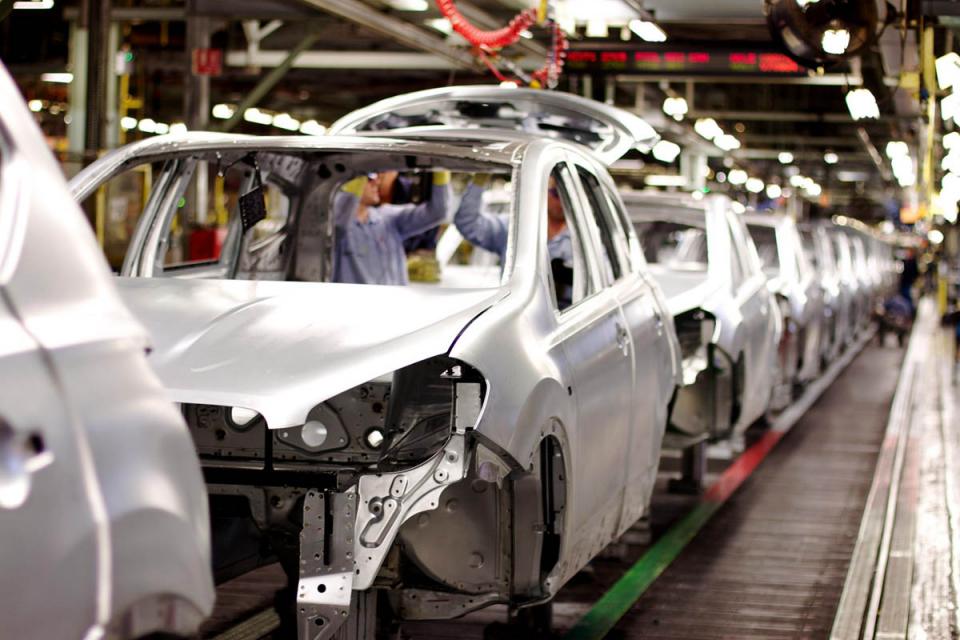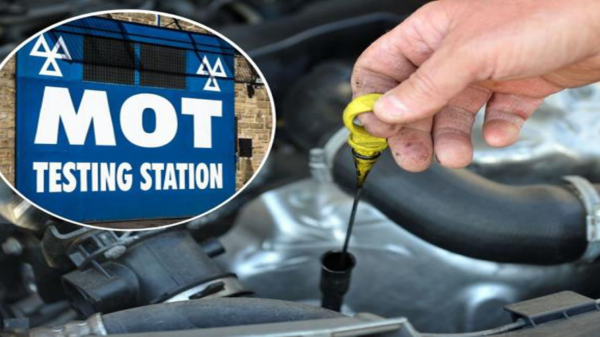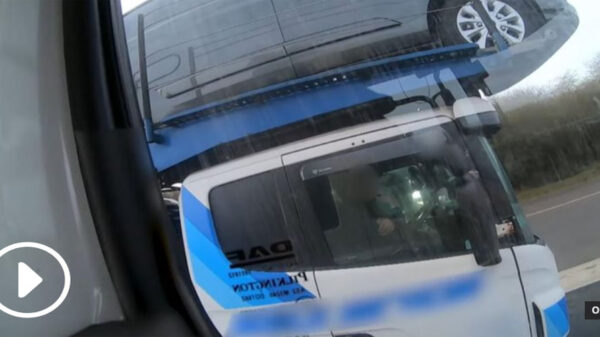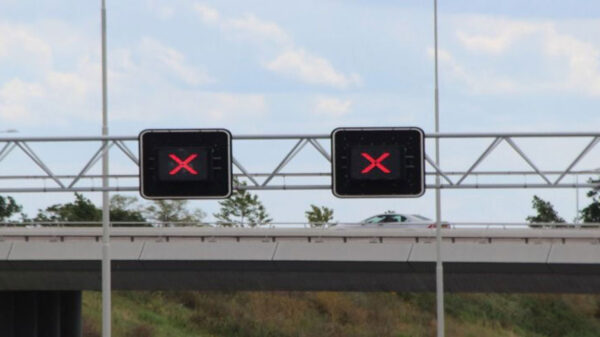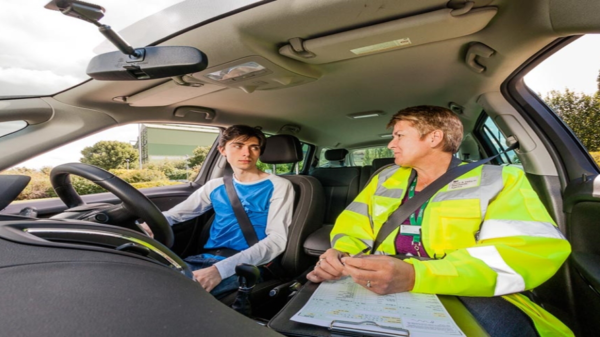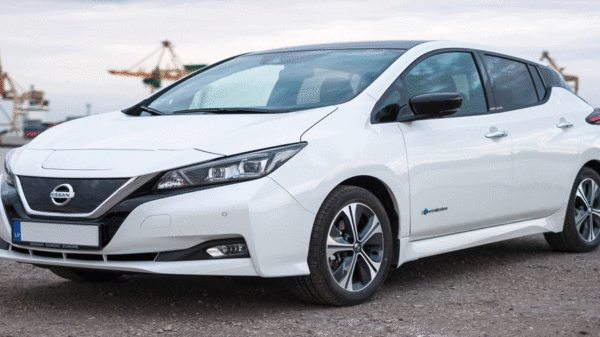Jaguar Land Rover-owner Tata has confirmed plans to build its flagship electric car battery factory in the UK. The new plant in Somerset is expected to create 4,000 UK jobs and thousands more in the wider supply chain.
Tata said it will invest £4bn in the site but it is understood that the government is providing subsidies worth hundreds of millions of pounds. The plant is described as the most important investment in UK automotive since Nissan arrived in the 1980s.
The BBC is reporting that the new gigafactory near Bridgwater will be one of the largest in Europe. It will make batteries for Jaguar Land Rover vehicles like Range Rover, the Defender and the Jaguar brands.
The plan is to supply other car manufacturers as well, with production at the new factory is due to start in 2026.
Tata have been in negotiations for months to secure state aid for the project. It had considered a rival site in Spain for the battery plant.
Sources said a significant level of subsidy has been provided, which are likely to be in the form of cash grants, discounts on the cost of energy, and training and research funding.
Energy Secretary Grant Shapps told the BBC’s Today programme, that the incentive offered to Tata “is large”. “I make no bones about that,” he said. “When I was first involved nine months ago, it was a call from Tata to tell me that the factory was going elsewhere. We have fought very hard for it.”He added: “It wasn’t just about money, it was also the UK’s lead in things like battery research.”
Prime Minister Rishi Sunak said: “With the global transition to zero emission vehicles well underway, this will help grow our economy by driving forward our lead in battery technology whilst creating as many as 4,000 jobs, and thousands more in the supply chain.”
Liberal Democrat Treasury spokesperson Sarah Olney MP said: “This is a welcome move by Jaguar Land Rover after years of the south west being neglected by Government investment.”
The plant is Tata’s first outside India and, it is hoped, will help the car manufacturing sector transition from petrol and diesel to making electric vehicles.
The Society of Motor Manufacturers and Traders said that the investment comes at a critical time for the UK. “With the global industry transitioning at pace to electrification, producing batteries in the UK is essential if we are to anchor wider vehicle production here for the long term,” said SMMT chief executive Mike Hawes.
Batteries typically account for more than half of the value of an electric vehicle, so a reliable supply is expected to be vital for the future of the UK car industry.
The government has been criticised for lacking a clear industrial strategy and falling behind the US and EU in attracting investment in low-carbon technologies.
Sharon Graham, general secretary at the Unite union, said: “The US and Europe have clear, proactive plans for jobs and investment. We cannot continually lag behind.” She said the government should use the announcement to set out a “strategic long-term industrial plan”, part of which “must ensure the giga-factory is constructed with UK steel”.
Some industry insiders hope that the Tata battery investment will open the door to further battery investments in the UK.
The UK currently only has one plant in operation next to Nissan’s Sunderland factory, and one barely on the drawing board in Northumberland. Another proposed battery manufacturer, in the north east of England, Britishvolt, went into administration earlier this year.


